The ongoing consultations and scheming to influence the emergence of principal officers of Nigeria’s 10th National Assembly by the executive arm and the ruling party has been described as an affront on democracy and principle of separation of powers.
This was the submission of Dr Marcel Mbamalu, publisher and Editor-in-chief of Prime Business Africa, an independent multimedia organisation.
Dr Mbamalu, who appeared on Channels Television breakfast show, Sunrise Daily during newspaper review session on Tuesday morning, said that Nigeria at its level should not be preoccupied with the executive arm of government and the ruling party trying to decide who should take principal leadership positions in the National Assembly as it is a choice that should be left for the lawmakers to make.
The principle of Separation of Powers as propounded by Montesquieu is what legitimises democracy and rule of law or supremacy of the law.
Join our WhatsApp ChannelThere is the concern that once the Executive arm of government begins to meddle with the selection of the Principal officers of the Parliament, such a legislature will automatically lose its autonomy and eventually delegitimise its capacity to conduct oversight functions.
The National Working Committee (NWC) of the ruling All Progressives Congress (APC) had, on Monday, met with President-elect, Asiwaju Bola Ahmed Tinubu, to decide zoning arrangements for leadership positions in Senate and the House of Representatives.
Tinubu and his APC endorsed Senator Godswill Akpabio from Akwa Ibom (South-South) for Senate President; Senator Barau Jubrin from Northwest as Deputy Senate President; Hon. Abass Tajudeen also from North West as Speaker, and Hon Ben Kalu from Southeast (Abia) as Deputy Speaker of the House of Representatives.
READ ALSO: 10th N’Assembly: APC Confirms PBA Exclusive Report, Endorses Abass Tajudeen, Akpabio, Ben Kalu, Others
However, some lawmakers at both chambers of the parliament have kicked against the decision, with some aspirants insisting on open contest to determine who takes the various positions.
Reacting to news reports on the development, Dr Mbamalu, a media scholar and entrepreneur said people outside the Parliament can talk about their preferences but the lawmakers have the final right to decide who leads them through their voting in the floor of the National Assembly.
“It is an affront on democracy for us to begin to decide for the House who should lead them,” Mbamalu stated.
“Of course. We can say our minds; we can decide to say ‘this is the person we want or that do not want the other person.’ But then the House has the constitutional right to choose who leads them. And I think this is what should happen now. It’s actually diversionary to begin to talk about who should be the Senate President and who shouldn’t be the Speaker of the House when it’s actually the job of the lawmakers to elect those that should lead them.”
On the issue of zoning the Senate Presidency to the Southeast, Mbamalu said the region has the right to produce the Senate President for the sake of equity but if they are not allowed to do so, it leaves the region with “playing the third fiddle, if you like.”
He however noted that competence should be the ultimate consideration.
He said the South East ought to be given a sense of belonging by being allowed access to certain top positions in the country’s leadership system given the previous experience and events.
Commenting on the presidential election petition tribunal, which began to hear petitions on Monday, 8th May, Dr Mbamalu, a former News Editor at the The Guardian newspapers, queried the the unnecessary delay by the Tribunal to open hearing on the matter so as to conclude the case before May 29 when a new president would have been constitutionally sworn into office.
He said such delays could appear deliberate and urged the Judiciary to dispense with the matter in a way that Nigerians could see that justice is served.
Noting that all eyes are on Nigeria, he added that the Judiciary needs to restore confidence in the system through the instrumentality of the Tribunal and the manner it treats the current election petitions.
On concerns about ethno-religious sentiments creeping into the political system in Nigeria, the media guru said such occurs because of persisting bad governance and political ostracism.
He contended that, with good leadership at every level of government, Nigerians would not worry about the tribe, tongue or creed of whoever is leading them, and ultimately would care less about the religious affiliation of any political party.
‘This is too dangerous for effective lawmaking process in representative Democracy”
Public Affairs analyst, Steve Nwabuko, while reacting to Dr Mbamalu’s submissions, described the development as “usurpation of power from the legislature by the Executive.”
“The horse trading in the selection of principal officers of NASS is not just legislative capture but transactions model in our law making process,” he argued.
According to Nwabuko, “After monetising access to appointment of principal officers of NASS, they will move into the procurement of the respective committee chairmanships with dollar incentives.
“Nigeria’s democracy and Presidential politics weaponises bribery and corruption and throws up leaders with teeth to bite but no brain to think and move Nigeria forward.
“It is very shameful that political parties and state governors call the shots in NASS even in the face of house rules and ethics in place.
“Rather than competence, knowledge, practice and experience determining selection of principal officers of NASS, ethnicity, religion and zoning reigns supreme and has become the bane of Nigeria’s legislative incoherence.
“A NASS that can not fashion out a clean copy of a new constitution and tamper proof Electoral Act since 1999 ranks among the worst politically naive democratic countries of the world.”
Victor Ezeja is a passionate journalist with seven years of experience writing on economy, politics and energy. He holds a Master's degree in Mass Communication.

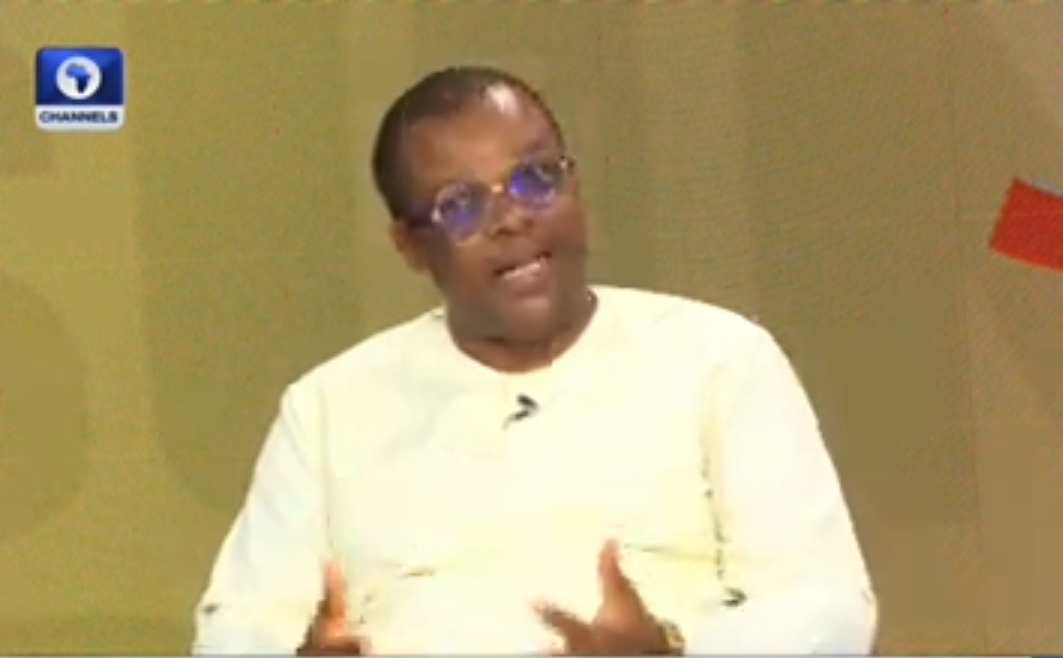

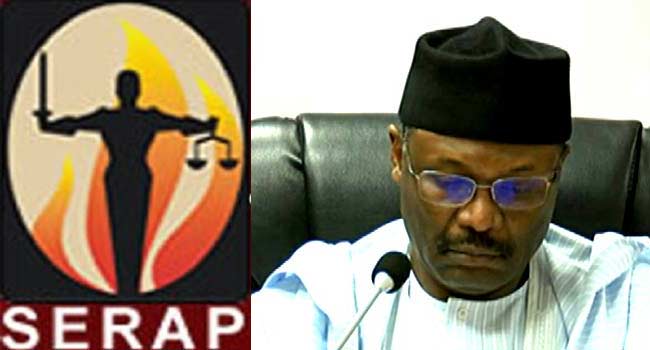
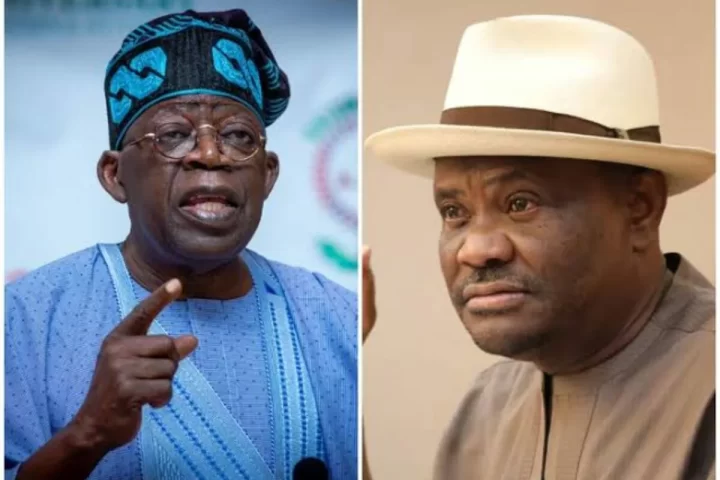
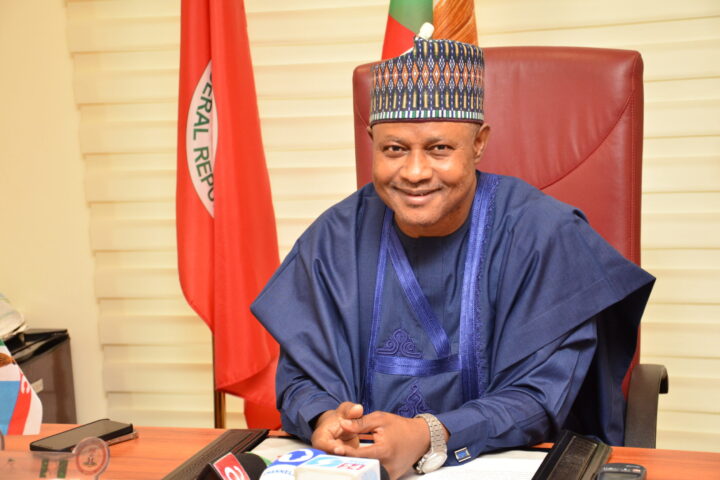






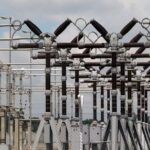
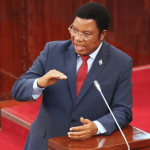

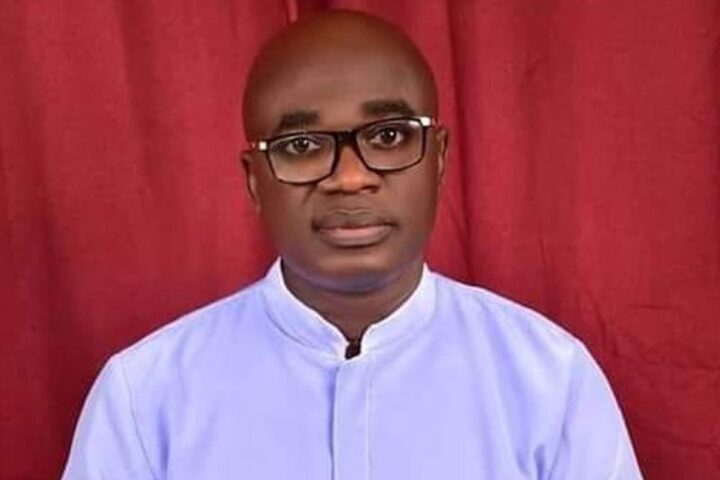
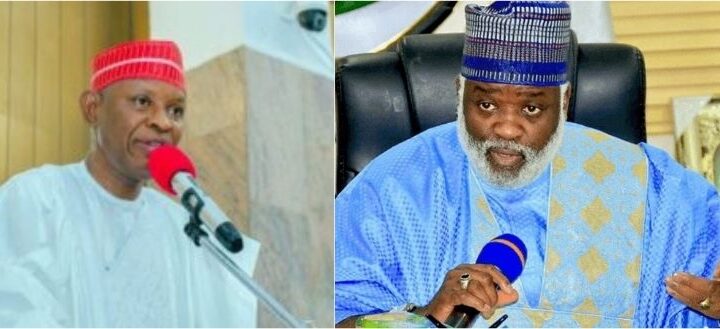
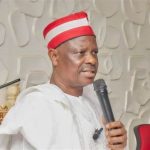
Follow Us